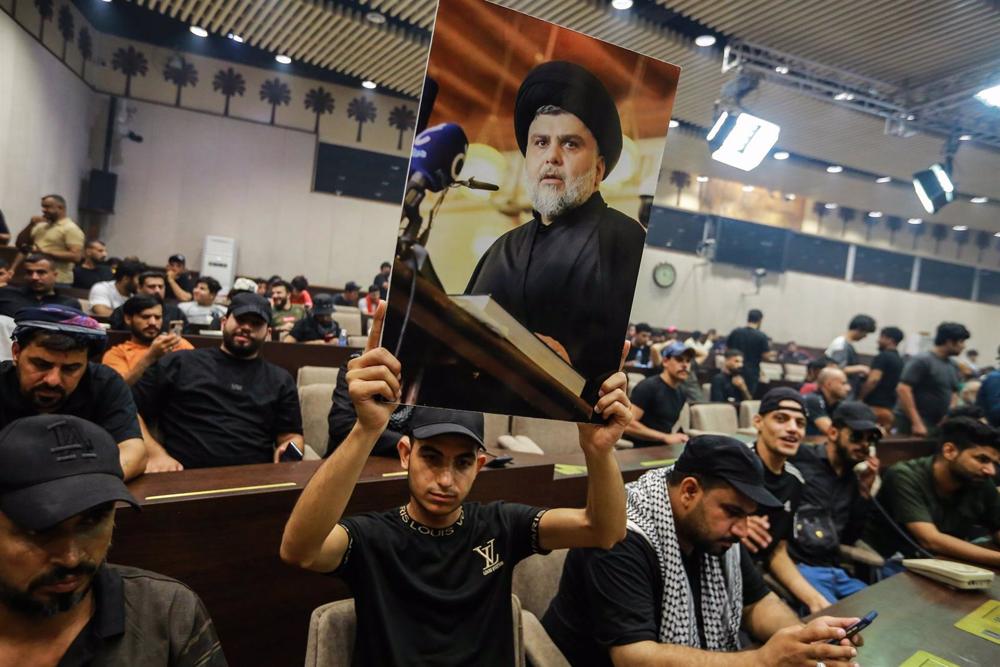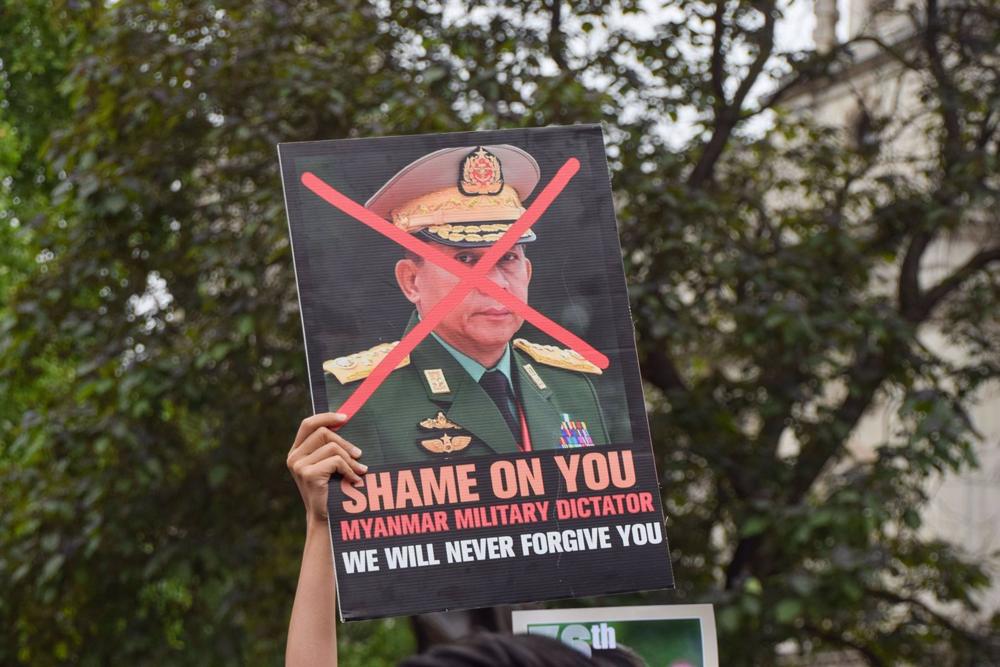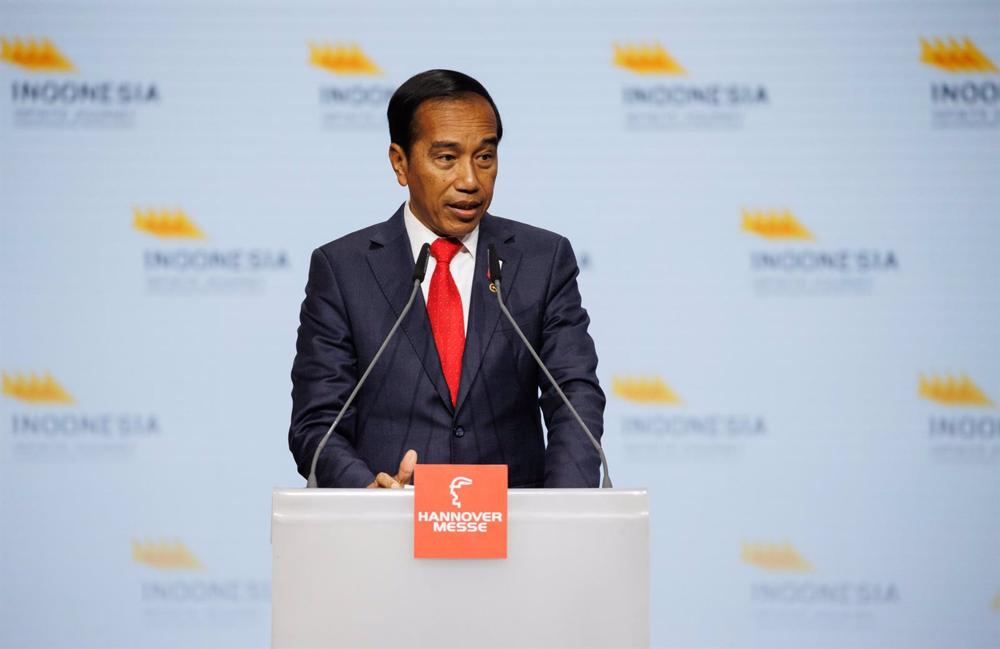
The Shiite cleric Muqtada al Sadr, one of the most influential figures in Iraq, has announced Friday the suspension of the political activities of his movement for a year after denouncing an internal crisis of religious character and in another episode of his progressive withdrawal from public life after his failure in negotiations to lead a government in Iraq following the victory of his parliamentary bloc in the 2021 legislative elections.
This decision has taken place after a group of sympathizers of the cleric — known as »The People of the Cause» — broke into the great mosque of Kufa, one of the most important in the country, in the province of Najaf, to declare Al Sadr as the promised Mahdi (»The Guided One»), a messianic and redeeming figure of Islam and destined to appear before the end of time.
It so happens that any popular declaration of a mahdi is the object of repulsion by Shiites and Sunnis. To begin with, this figure does not really appear in the Koran and, above all, they understand that the designation of a messiah is left exclusively in the hands of God.
Sali Mohamed al Iraqi, considered as the unofficial spokesman of Al Sadr – who was scheduled to go to the mosque at the time of the protest – has described the faction of the People of the Cause as a group of «corrupt» while the religious has described the irruption as the expression of an internal crisis within his own movement.
»I would be committing a sin if I offered to reform Iraq without first fixing the Saderist movement,» the cleric has made known on his Twitter account, which he plans to close for the duration of the suspension of the organization’s political activities.
The movement, however, will continue to carry out religious activities such as Friday prayers and will keep open its organization dedicated to promoting the teachings of Al Sadr’s father, Mohamed Sadiq al Sadr, whose assassination by gunfire in 1999 sparked a huge protest against Saddam Hussein’s regime and ended up consolidating the Al Sadr family as one of the most important forces in the country.
It should be recalled that the Sadrist movement has become increasingly inward-looking in recent months, particularly after Al Sadr announced in August last year his personal exit from the country’s politics amid a wave of protests by his followers in the capital, Baghdad, which resulted in at least 35 deaths.
The bloodshed ended up culminating previous months of tension in the country, amid constant Sadrist mobilizations that led to the seizure of Parliament on two occasions to protest what they denounced as constant maneuvers of the pro-Iranian formations, heavily defeated in the legislative elections, to prevent the formation of a Sadrist government.
Finally, in October last year, a new government was formed in Iraq, led by the Iraqi Prime Minister, Mohamed al Sudani, and the Framework of Coordination coalition, precisely the pro-Iranian groups so criticized by the cleric’s sympathizers.
Source: (EUROPA PRESS)






